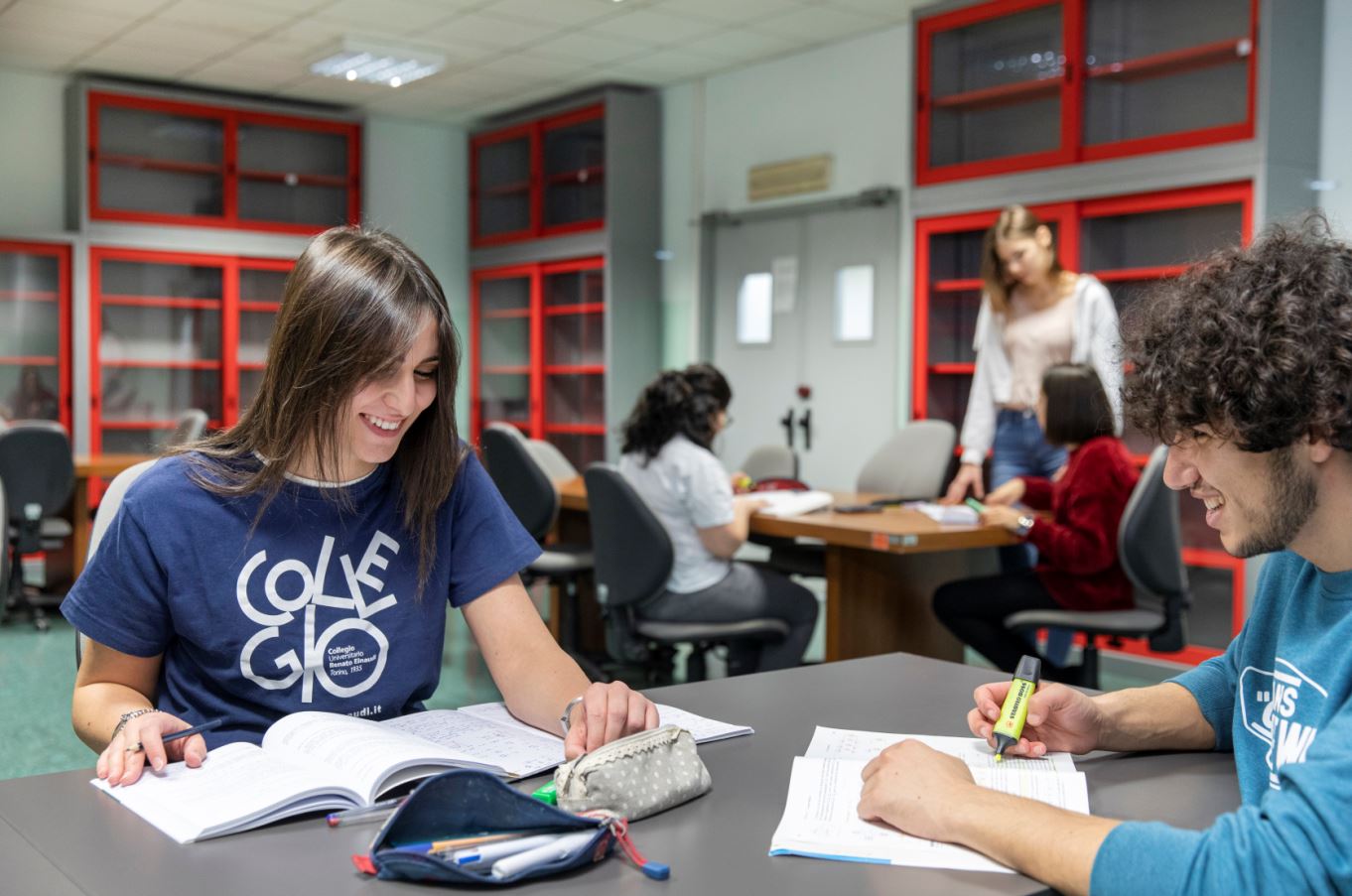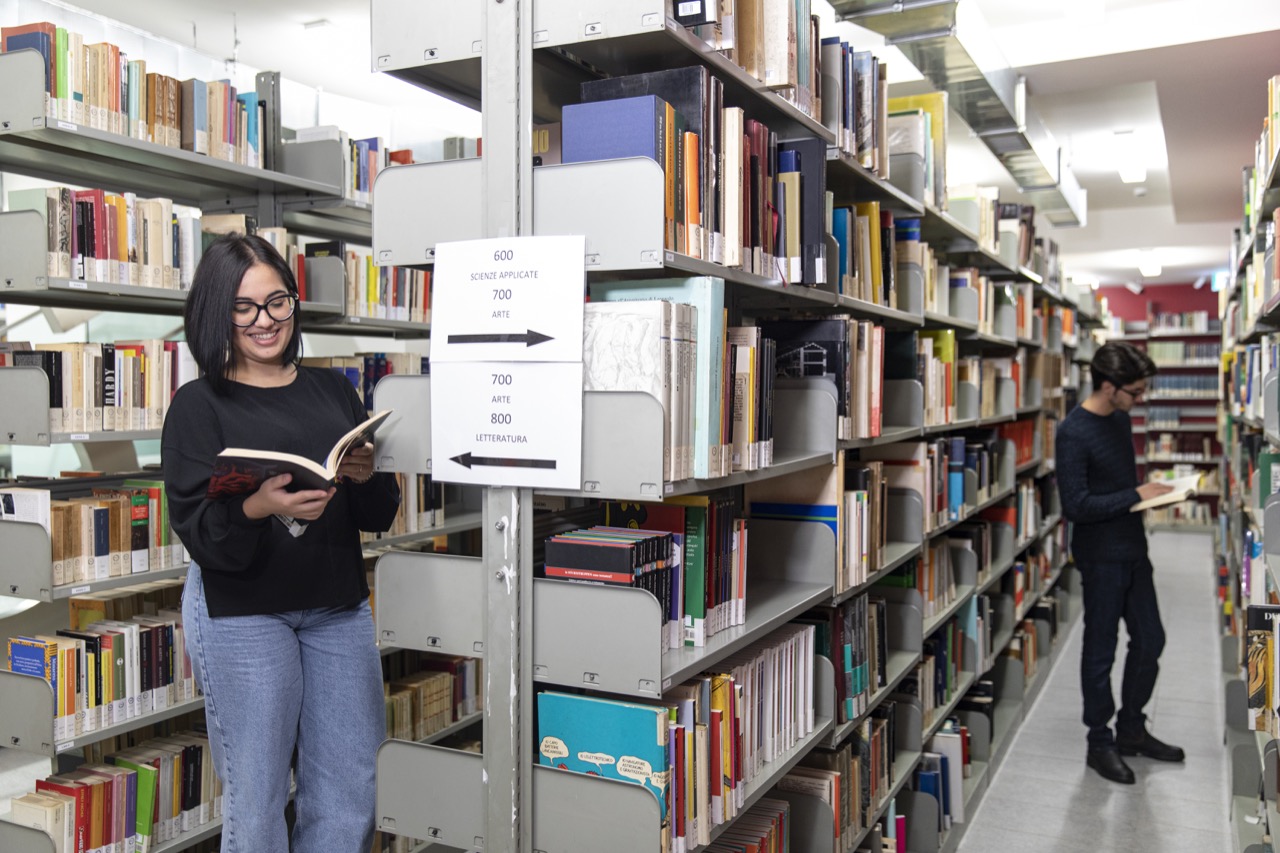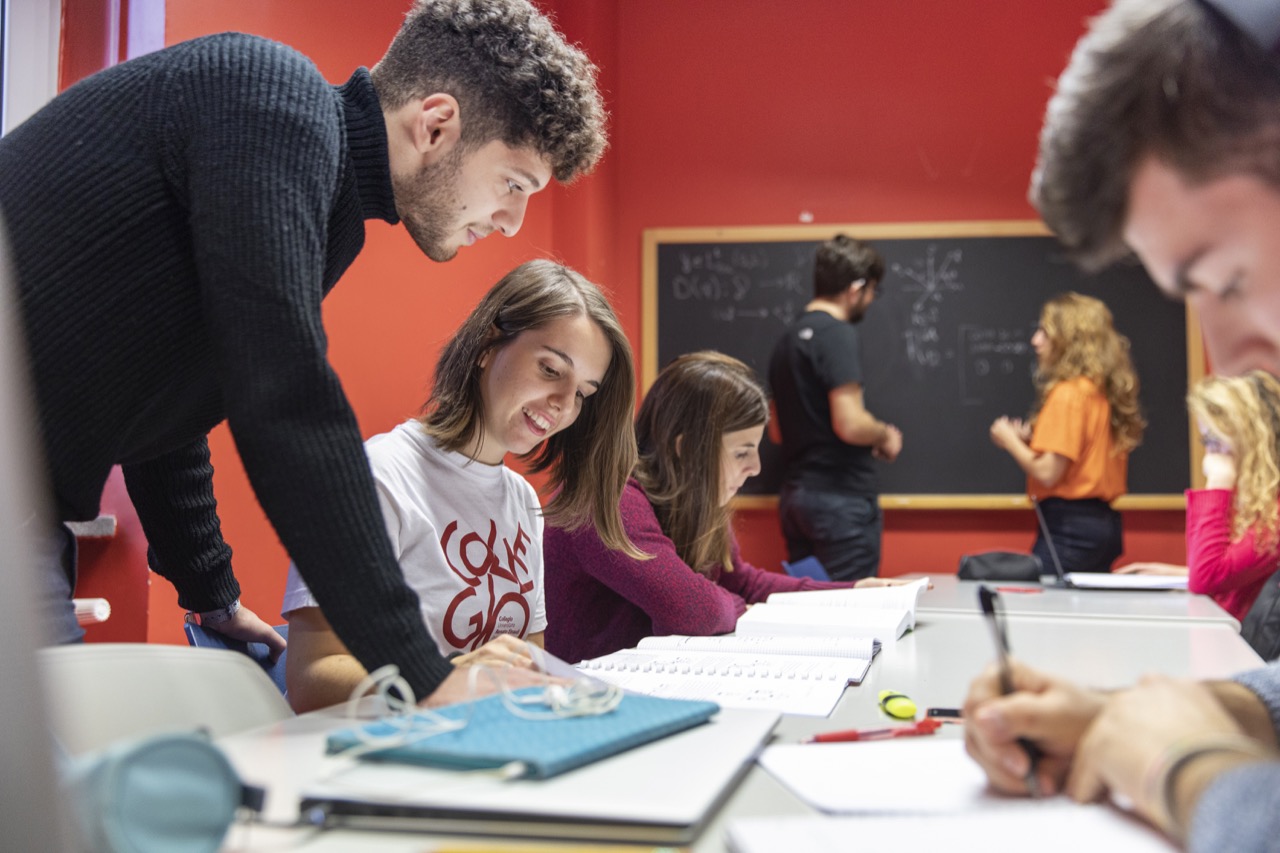Collegio was born and raised in Turin, thanks to prof. Renato Einaudi and thanks to the values in which he believed and on which the mission of our Foundation is still based today
the centrality of the person, secularism, merit, openness to civil society, interculturality and sustainability.
Renato Einaudi, born in Torino on 4 July 1909, nephew of the President of the Italian Republic, Luigi Einaudi, graduated in Physics in 1931 and became a free lecturer in 1935.
The following year he was appointed extraordinary professor of Rational Mechanics at the University of Messina. In 1937 he moved to the University of Modena and in 1938 he returned to Torino, where he became full professor in December 1939 at the University of Torino.
From 1943 to 1963, in addition to being the holder of the chair of Rational Mechanics, he was in charge of other teachings: Analytical Geometry and Complements of Mathematics. In 1961 he moved to the Faculty of Engineering of the Politecnico di Torino, where he founded and directed, until 1964, the Institute of Rational Mechanics.
In 1964 he moved to the Faculty of Engineering of the University of Pisa.
He was a member of the Peloritana Academy of Messina and of the Academy of Sciences of Torino.


Parallel to his activity as a university professor, Renato Einaudi followed with great passion and dedication
the birth and development of the University College of Torino.
Appointed in 1945 Commissioner for the extraordinary administration of the Student House Consortium, based in Via Galliari 30 in Turin, he saw in those premises the place in which to create the ideal environment to allow deserving university students, but without means, to emerge.
In fact, in the first decades of activity Collegio hosted brilliant young people from all over Italy and in very difficult economic conditions for free, and often with a scholarship called ‘pre-salary’, contributing to the creation of a real forge of talents, many of whom would then have had a significant impact on the cultural, academic, political and entrepreneurial leaders of our country.
In 1950 the institution was called ‘Collegio Universitario‘ and Renato Einaudi became its Director, starting an intense building expansion action, financed exclusively with private funds:
- in 1954 the historical site in via Galliari was enlarged (today Valentino residence hall) and the ‘Women’s Section’ was created in via Maria Vittoria 39 (now Po residence hall)
- in 1956 the residence halls were built in corso Lione 24 (now Crocetta residence hall) and corso Lione 44 (now via Bobbio 3 – San Paolo residence hall)
- in 1968 the ‘men’s section’ of via Principe Amedeo 48 was built (today the Mole Antonelliana residence hall of via delle Rosine 3)
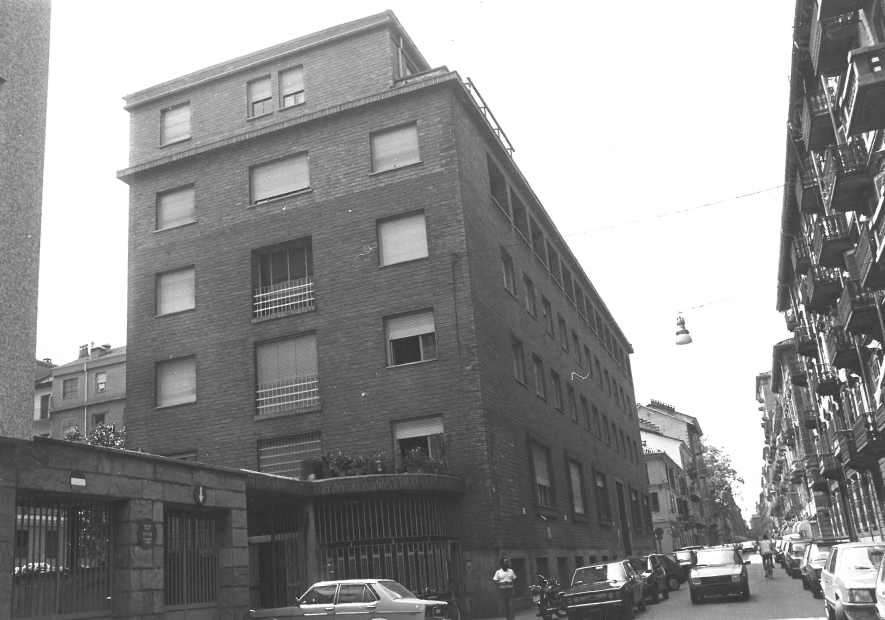
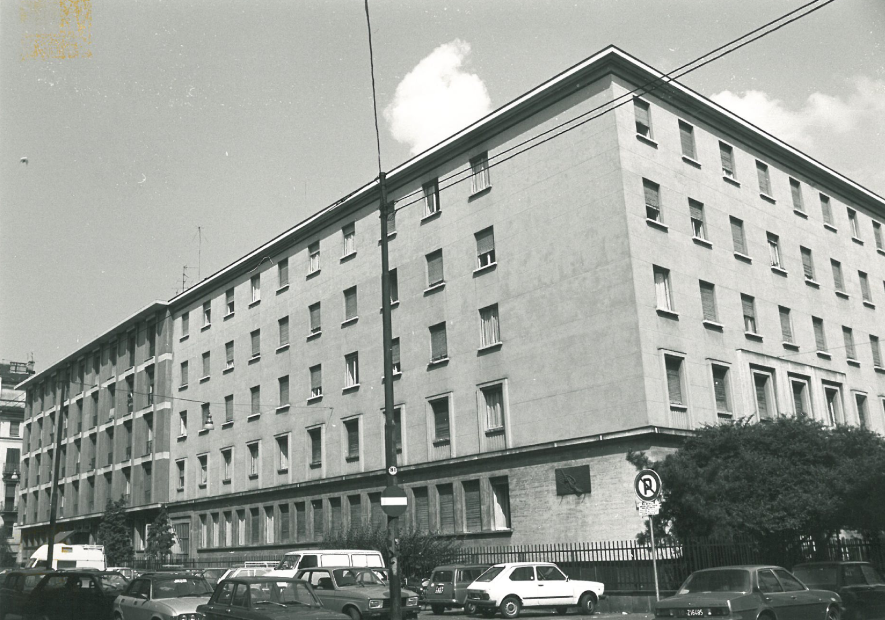
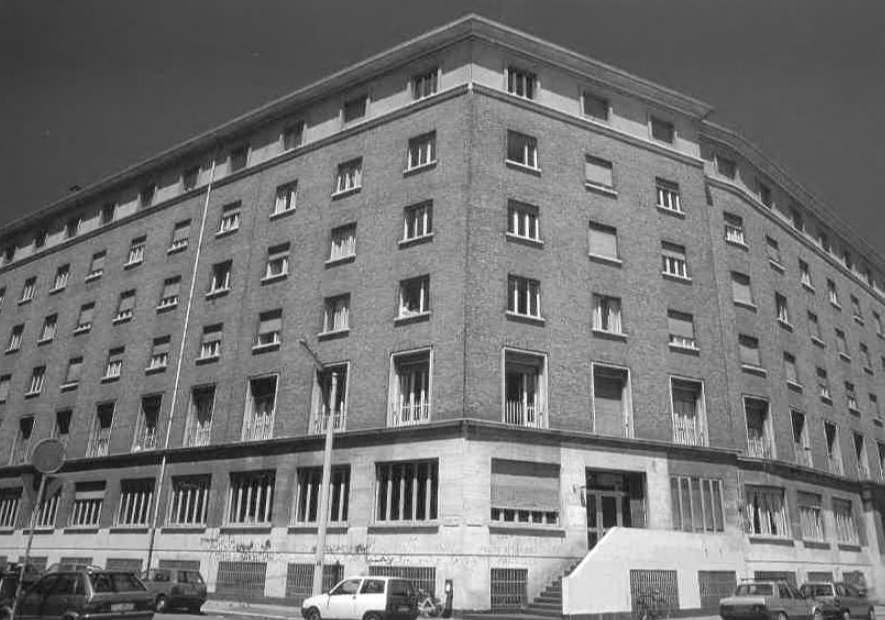
This led to the creation of 4 new residence halls, for a total receptivity of about 750 places, all in single rooms.
With the increase in available places and with the start of the activities of the Opere Universitarie (which would later become the future Bodies for the Right to University Education) Collegio also began to offer some paid study places, opening the doors to students coming from less needy families and thus starting to create a diverse community in terms of social origin, but uniform in motivation and commitment.
Under the guidance of prof. Renato Einaudi also intensified the canteen service, both for internal and external, and general services for students, in harmony with the philosophy of the professor, who used to say that he wanted to demonstrate what had already been done, but had to illustrate how much there was still to do.
In 1962 the professor was appointed President of Collegio; in 1964 he moved to Pisa following his appointment at the Faculty of Engineering of the University of Pisa.
Even from Pisa he continued to follow the activities of Collegio with great dedication and remained in office as President until 1972. He died in Pisa on 14 September 1976.
Thanks to Prof. Renato Einaudi generations of students for over 75 years have found in Collegio a place in which to build their future, in an interdisciplinary environment, full of stimuli and opportunities.
